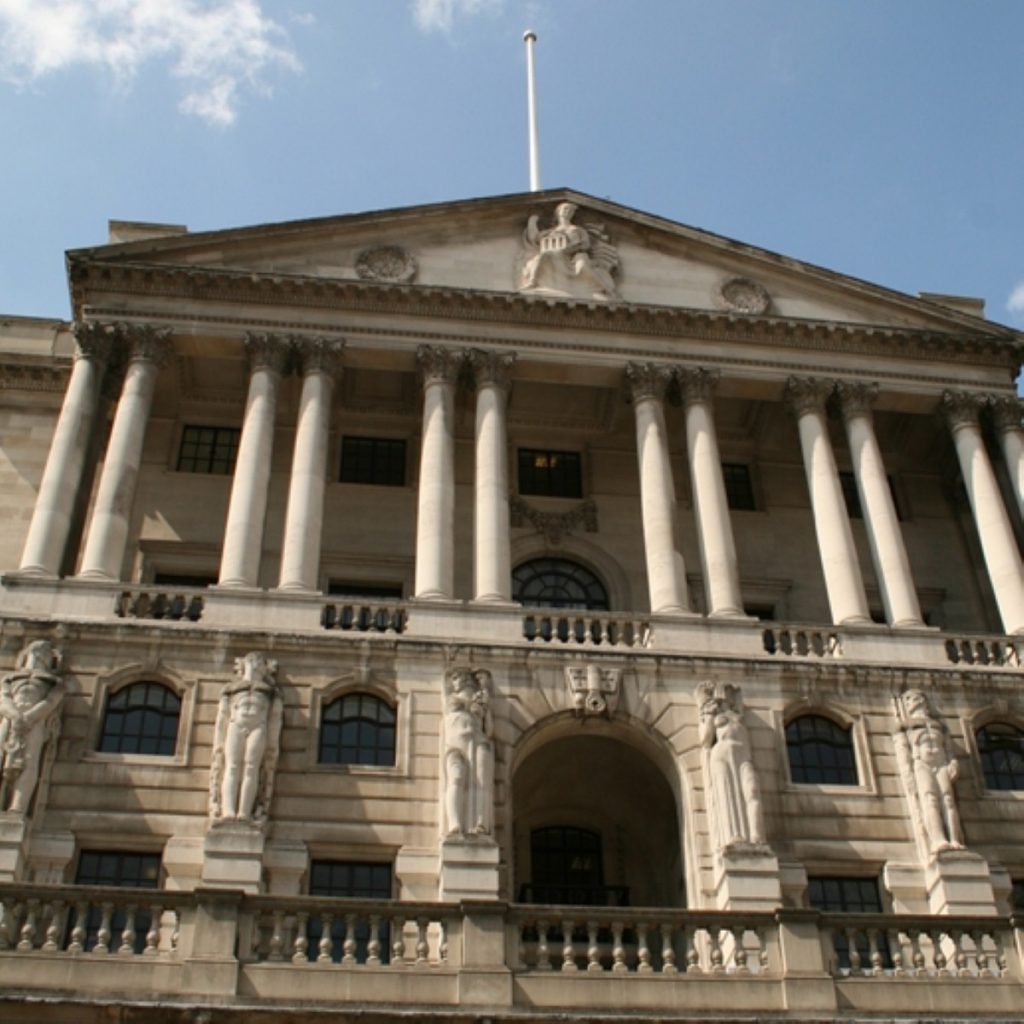Banking crisis reforms ‘largely cosmetic’
By Liz Stephens
Many of the reforms announced in the Treasury’s recent white paper are largely cosmetic, according to the Commons’ Treasury committee.
The committee’s report on banking regulation calls for clearer responsibilities, saying there was a “lack of clarity regarding who is responsible for systemic oversight”. It says executive authority in a crisis remains “a muddle”.
The committee was also “extremely perturbed” by the evidence from the governor of the Bank of England that he was kept in the dark over the contents of the Treasury’s recent white paper.


John McFall, chairman of the committee said: “The Tripartite structure of regulation is in a state of flux at the moment: change and coordination are clearly needed to clarify responsibilities, but the picture is constantly moving.
“When the dust settles though, we cannot afford to have any ambiguity over who is in charge, and who is responsible if something goes wrong.”
The report calls on the FSA to “develop sufficient teeth” to make tough decisions and go against the tide once the recession is over and the boom years return.
The committee also warned that some banks are growing overly complex and powerful because of their size and called on the government to act to make sure that no banks are ‘too big to save’.
Mr McFall said: “Major banks have managed to establish themselves in a powerful position in the economy. By becoming too large and complex, they can hold the taxpayer to ransom, because no government could allow them to fail.”
Many of the banks merged during the banking crisis with the direct encouragement of the government itself, who waived competition laws to enable some of the mergers.
The report suggests a ‘tax on size’ to redress the balance.
The tripartite system, which was put in place by New Labour to regulate the economy, was criticised only last month for allowing the financial crisis by the House of Lords’ economic affairs committee.

